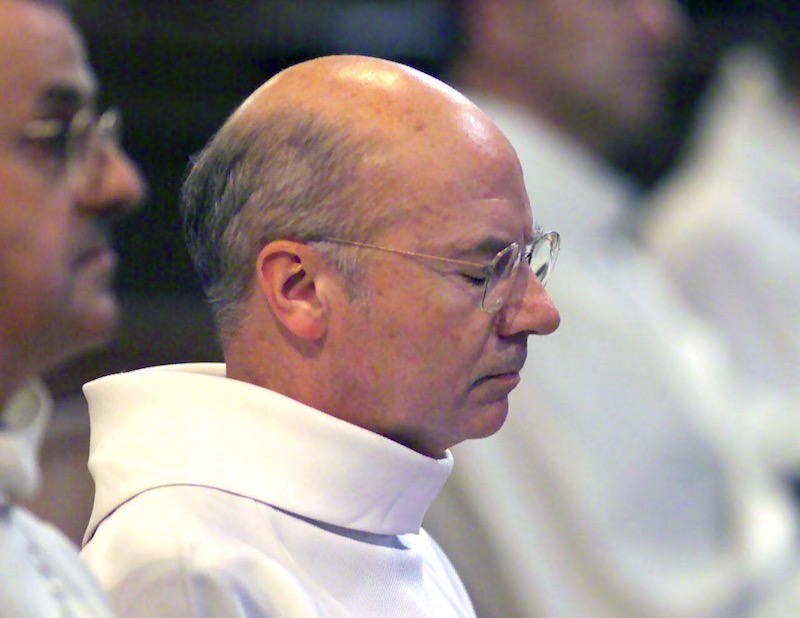France’s tireless “rebel bishop” Jacques Gaillot, stripped of the Normandy diocese of Évreux in 1995 after 13 years for his progressive views, died of cancer on 12 April aged 87.
Transferred by the Vatican to Partenia, an extinct ancient diocese in Algeria that became his internet home, he was received “as a brother” by Pope Francis 20 years later.
In fact, many of his views backing homosexuals, divorced and remarried Catholics, condom users afraid of Aids or “sidelined” people such as illegal immigrants have become frequent reform ideas in today’s Catholic Church.
“This should be a Church of the marginalised, not a Church that marginalises,” he told his farewell Mass in Évreux almost two decades before Pope Francis spoke about a Church “going to the peripheries”.
Reflecting his popularity, 20,000 people flocked to the Norman town for the Mass from France, Germany and the Benelux countries. Four French bishops attended it.
During his lifetime, Gaillot used his ordination as a bishop – which could not be undone – to become an enfant terrible of the Church at home and abroad.
He said his 28 months of military service in Algeria in the late 1950s turned him into an activist. “Excess violence pushed me to non-violence,” he said.
After studies in Rome and ordination, he spend the next decade teaching in regional seminaries. He took over Évreux diocese in 1982.
Gaillot was soon defending conscientious objectors, opposing nuclear weapons and supporting anti-apartheid activists. He tried to convince his brother bishops to decide that married men could be ordained priests.
As Church criticism of his activism grew, Gaillot called the head of the French bishops an “ayatollah” and compared the Vatican’s Congregation of Bishops to the East German Stasi police.
After his dismissal, the outspoken bishop moved in temporarily with Paris squatters, published about two dozen books and spoke frequently at conferences or in interviews. French bishops, uneasy about the controversy, invited him to join an ecumenical service in Lyon in 2000 that he attended.
Gaillot’s meeting with Pope Francis came in 2015, when the Pontiff urged him to keep up his activism for migrants and refugees.



 Loading ...
Loading ...